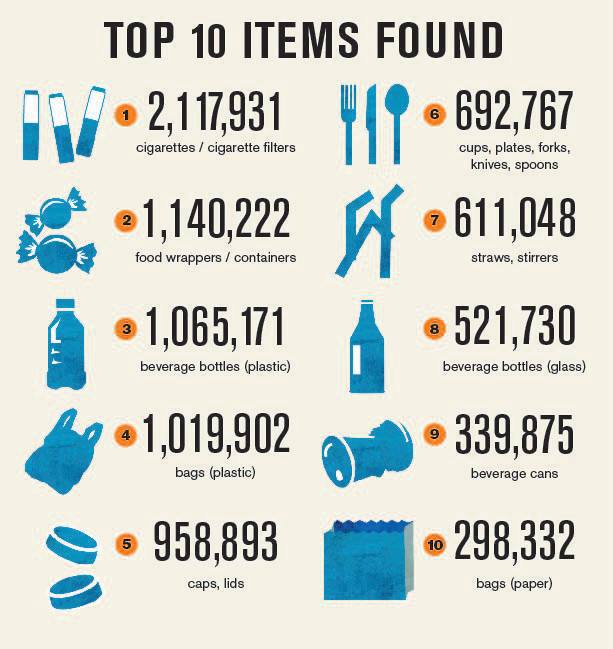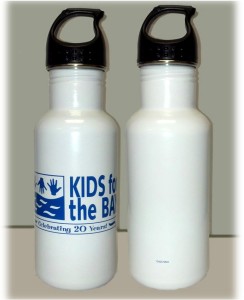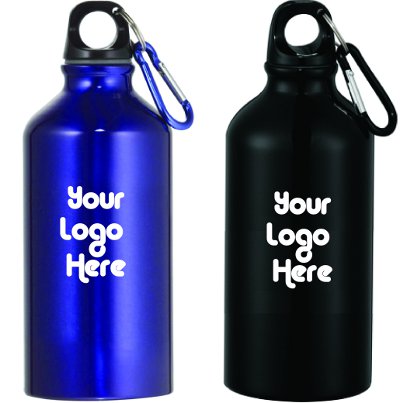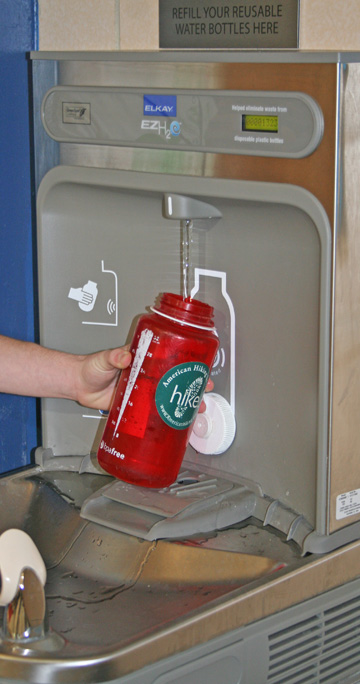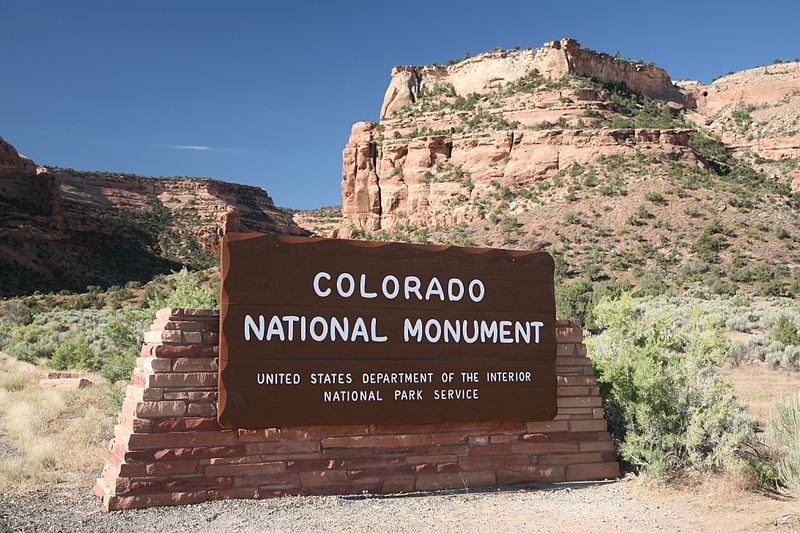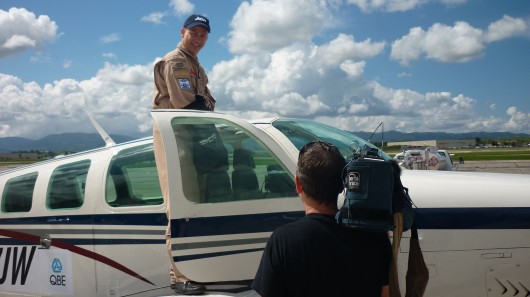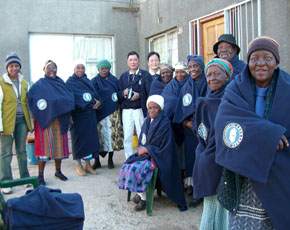Are you looking for a simple, plastic water bottle, but you don’t have much time? If so, our Large Eco Friendly Water Bottle might be perfect for you!
Our Large Eco Friendly Water Bottle is made in the USA, and features 30% recycled content. It comes in white with six translucent push-pull cap color options (or choose a white cap). The 24 oz. capacity is perfect for bike rides, hikes, and picnics. If you need bottles in a hurry, you will be limited to a one-color logo on one side of the bottle.


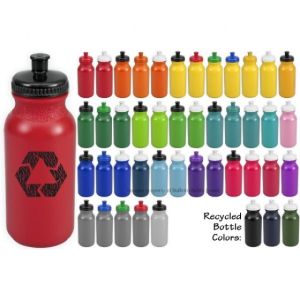
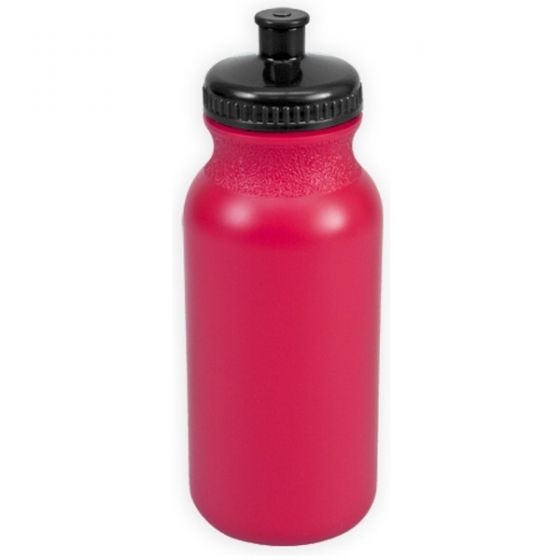 Our 20-ounce
Our 20-ounce 